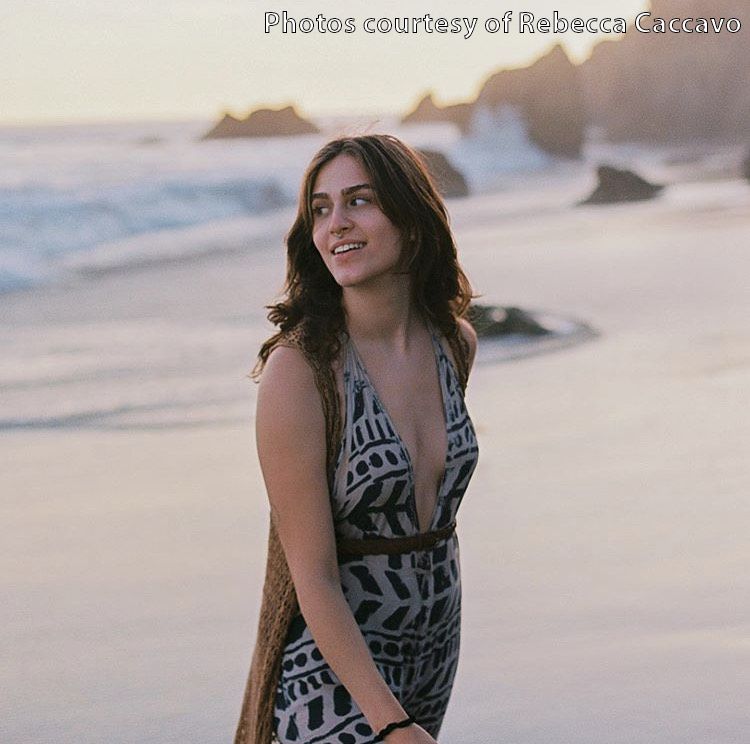The world is warming up to the inclusion of new-age witches in popular culture. Though the initial inclusion was merely aesthetic, it has expanded to include witches and pagans who established their practices as a response to socio-political movements and because of the space witchcraft and paganism seem to provide for more marginalized communities, such as women, the LGBTQ+ community and people of color. New College is no exception and has its own recent pagan history.
The social media app TikTok recently saw the rise of a New Age pagan community through the inception of “WitchTok” that features content anywhere from informational videos about certain deities to tarot pick-a-card readings. Like any community on TikTok, the WitchTok community has its own trends and prominent figures, one of which is Frankie Wilkin, known as @chaoticwitchaunt on the platform.
Wilkin identifies as an eclectic neopagan, which means her practice is more of a culmination of elements from different traditions as opposed to a defined practice. Her content focuses on her own spiritual journey in which she details working with her different deities and provides tips to newer witches and “witchlings” just starting out their practices. Wilkin’s practice began with reading Tarot cards as a young teenager, but she stated that she has always been a spiritual person who enjoys connecting with nature.
“Finding a community of witches that are sharing their practices and being there collectively to talk about witchcraft and helping each other is kind of really hard to come by,” Wilkin stated in an article on Bust.com. “I’ve met so many of my friends from TikTok , which I was not expecting at all. [WitchTok] gives me and a lot of others more access to knowledge because if you don’t know the answers, you can ask someone else.”
New College has also been a place for Neopagans and New Age witches in the past . There was briefly a pagan club on campus from 2016 to 2017, but the club did not last beyond that year. This did not stop students from developing their own spirituality while on campus, though. One such student is recent graduate Rebecca Caccavo (’14).

“I started my journey into spirituality through a combination of the truths revealed through psychedelia and gravitating towards an aesthetic I thought would make me a cooler and more interesting person,” Caccavo said. “Now my practice is very personal to me and involves both ritual, beliefs and how I move through the world.”
Caccavo spoke about her experience with paganism and spirituality while on campus as multifaceted and decentralized.
“I’m not quite sure I can pinpoint a Pagan community at New College,” Caccavo said. “If anything it consists of individual folks, generally women and non-binary folks, who are cultivating their own spiritual practices.”
Caccavo cited a few examples of pagan-esque opportunities on campus, such as the ritual circle tutorial held during the 2017 fall semester as a part of a thesis project.
“I hosted a few womens’ circles during my time at New College, sporadically from 2016 to 2020,” Caccavo said.

Since leaving New College, Caccavo has only grown spiritually and stated that she has been able to better connect with her femininity through this growth.
“I judged folks at New College who would talk about womb and gyoni magic or working with menstrual blood because I associated it with trans-exclusive radical feminism,” Caccavo said. “I internalized this sentiment and since leaving New College have been able to begin cultivating a relationship with my body and identity that is deeply personal, sacred and unapologetic.”
Through her spiritual journey, Caccavo has been able to better understand her place in the world as we know it. This includes her white privilege and her place as a white person in the spiritual world, which has the potential to be riddled with cultural appropriation, overstepping and overall lack of regard for closed spiritual practices.
“To me, paganism and connecting with my European ancestors who respected the earth before their own colonization by the Roman empire actually helps me to affirm in myself a sense of lasting lineage,” Caccavo said. “This practice is also important to me in the context of anti-racism, in that when I find integrity, and authentic meaning in a spiritual practice and lineage that I can feel home in, I am less likely to appropriate the sacred practices of other spiritualities, often those hailing from nations colonized by my ancestors.”
Caccavo has since moved to California and made headway into the life coach and self realization world in which she hopes to help people navigate their own lives mindfully. Her website is rebecca.vision and she can be found on Instagram and Facebook at @rebeccaluisacaccavo.
